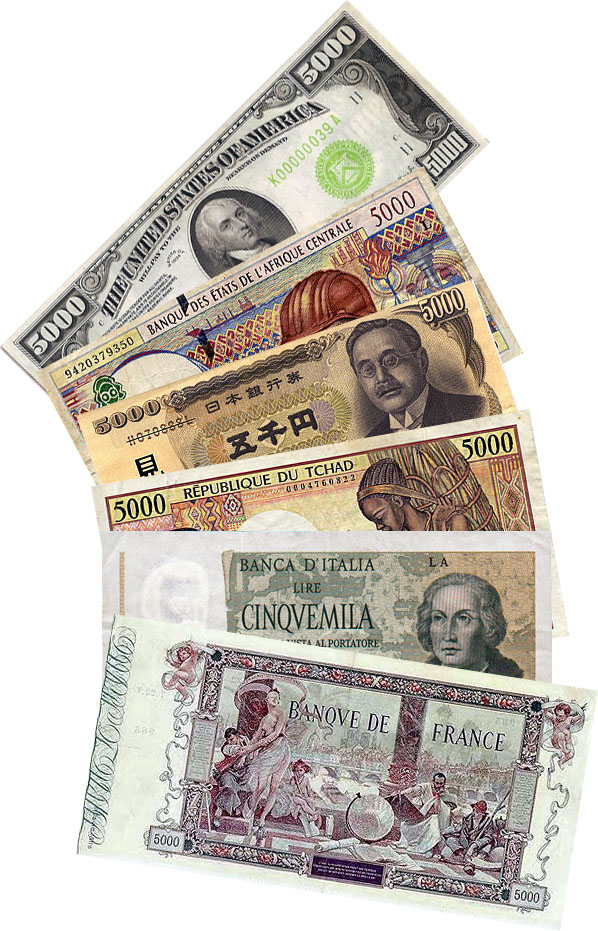 A well-paid job, nice house, good car, expensive clothes. Beauty, success, happiness. These things are often connected – at least in our minds. But what about in reality?
A well-paid job, nice house, good car, expensive clothes. Beauty, success, happiness. These things are often connected – at least in our minds. But what about in reality?
Dictionary.com states that the definitions of ‘wealth’ are “the state of being rich; prosperity; affluence”. Interestingly enough, the website also mentions the obsolete definition of “happiness”. Money equals happiness – an actual dictionary reference... so it must be true.
According to Forbes, the world’s richest country based on the Gross Domestic Product per capita is Qatar. The country benefits from the third largest natural gas reserves in the world as well as significant oil reserves.
On the contrary, international human rights organisations such as Amnesty International note Qatar’s issues such as the country’s domestic legislation failing “to define or adequately prohibit torture” and reluctance to treat violence, particularly domestic violence, against women. The question remains: is this the price of wealth?
What is it, then, that makes so many of us strive to get rich? Obviously, money is often seen as a way to a better quality of life. It raises one’s position in society – it often gives a chance for better education, health care, and accommodation, for instance. If these things are not available in an individual’s home country and if they have money, they have a chance to go abroad to seek them.
What’s more, with money, you reflect an image of yourself to others. In the western world, constant consumption is valued and expected. Money also sparks all kinds of emotions within us. The neighbour’s sparkling new car creates jealousy across the street (the classic). Standing next to the girl with the expensive make up, hair extensions, shoes, clothes and the perfect tan from her holiday to the Caribbean can make one feel self-conscious. The media advertises a perfect life that you can achieve with money, not with your skills, characteristics, or behaviour towards other people.
Yet, there are people who choose to live without much money, simply and self-sufficiently, and at least claim to find happiness in their peace of mind. Someone once told me, “You’re the happiest when you’re the poorest.”
Let’s think about it. There are countless of stories about lottery winners that spent all the money they had won in a whim, or even got in debt. If you could get anything and as much you wanted in the world, it seems it might become more difficult to appreciate the things you have. But if you had no or little money, you would probably be very careful about how to spend it. All the things you had would be extremely important to you, because you wouldn’t be able to acquire new ones at least with money. In which of these cases would you actually be wealthier, or happier?
Surely, the answers to those questions are as many as there are people on this Earth. Everyone wants to have a good life and not just live to survive. But at the same time, the gap between the poor and the rich is getting larger and larger. Maybe everyone should be able to use their money the way they want to. Or maybe the most important thing is to be grateful for what you have, and not always want the newest, sparkliest car, mobile phone, or a piece of clothing, because there are so many other things in life than matter. I would opt for the latter.